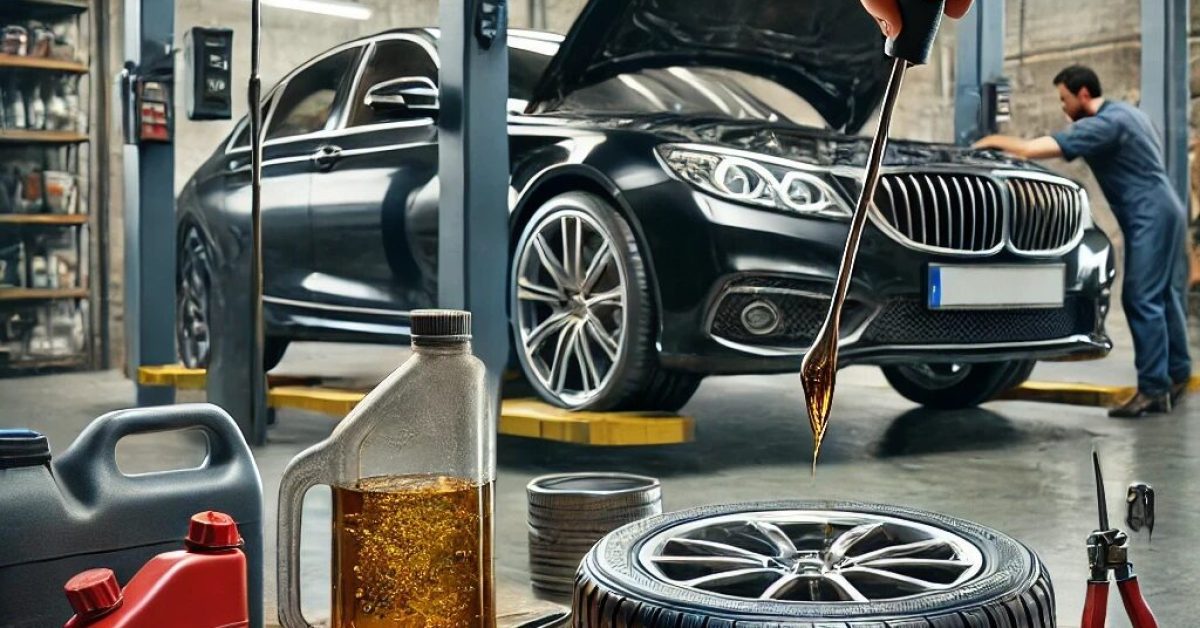Proper car maintenance is essential for ensuring your vehicle’s longevity, safety, and performance. By following some basic car maintenance tips, you can avoid costly repairs and keep your car running smoothly. In this article, we’ll cover car maintenance and provide you with practical advice to help you take care of your vehicle.
Understanding Your Owner’s Manual
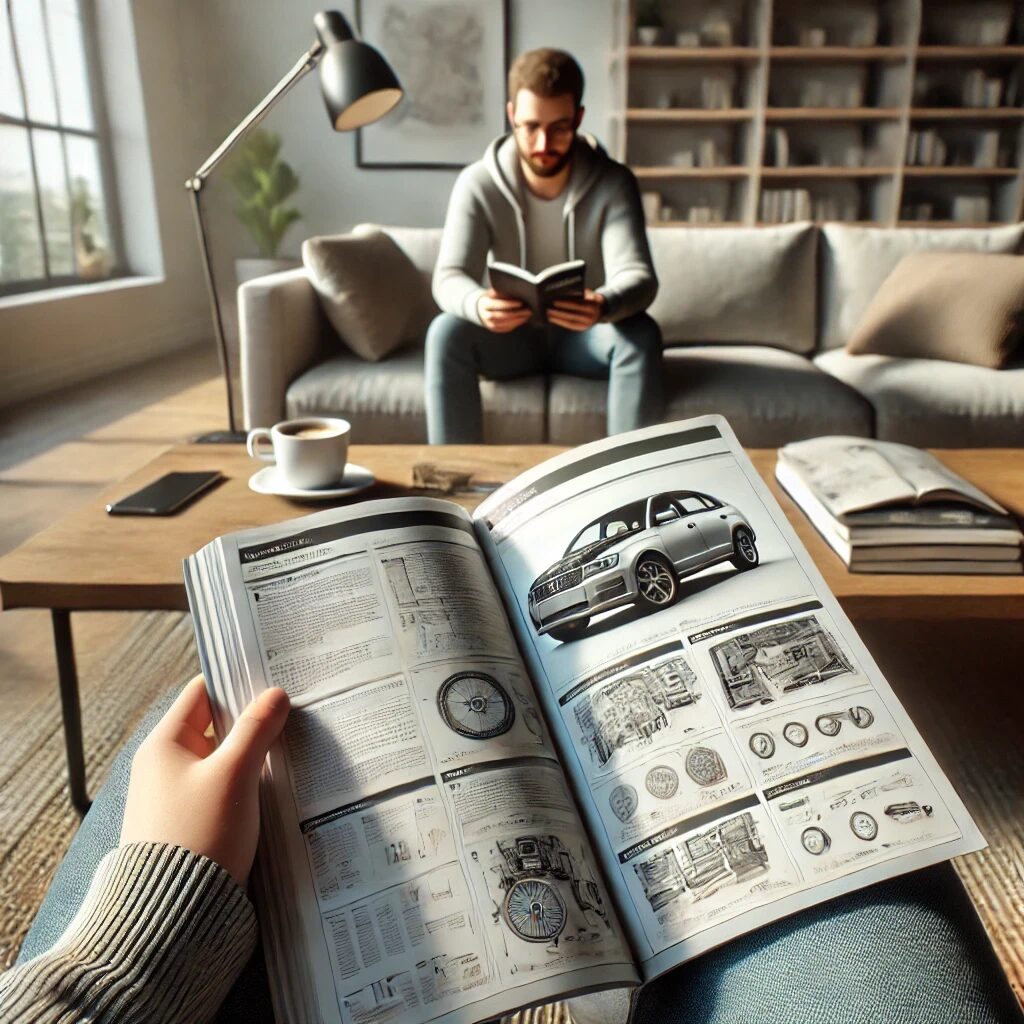
The first step in mastering the focal of car maintenance is to familiarize yourself with your vehicle owner’s manual. This invaluable resource contains specific information about your car’s maintenance requirements, including recommended service intervals, tire pressure, and fluid specifications. Make sure to keep your owner’s manual in your glove box for easy reference.
Checking and Maintaining Tire Pressure
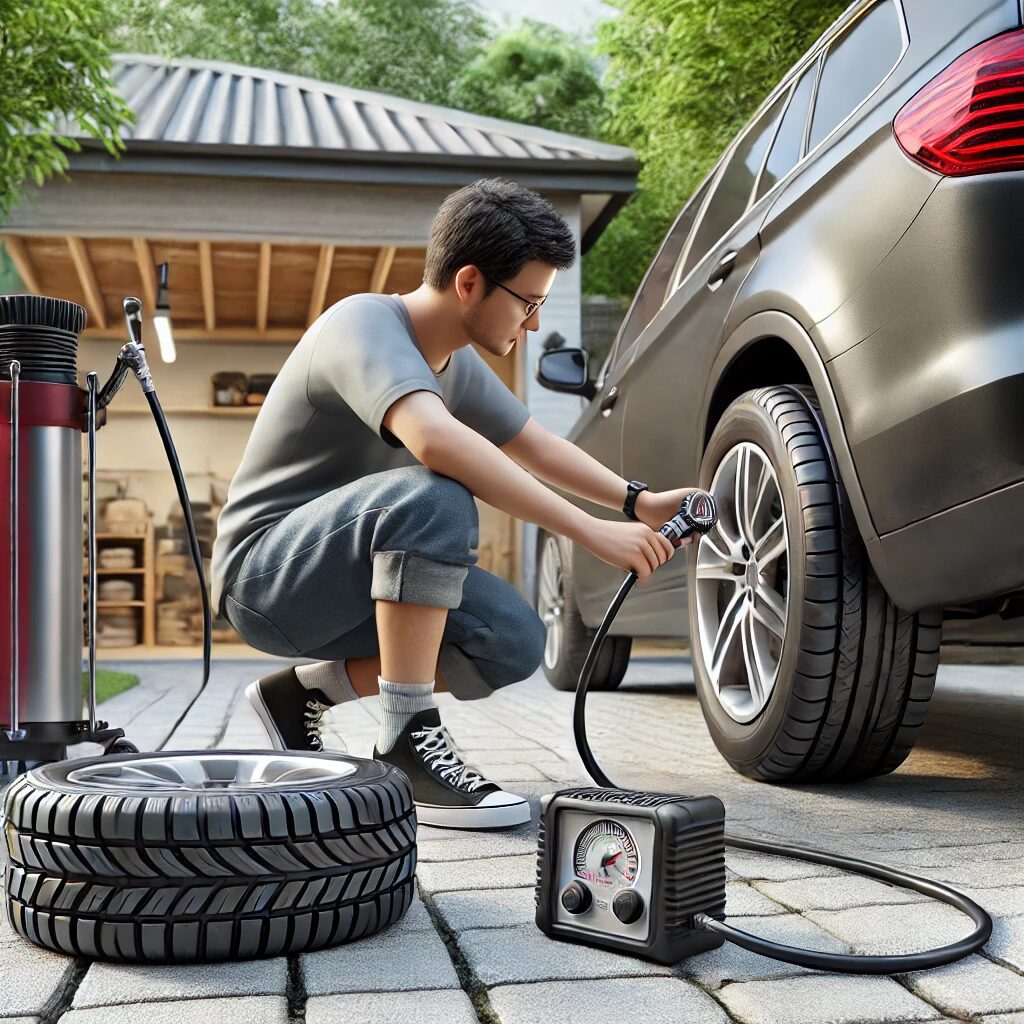
A flat tire is crucial for your car’s safety, fuel efficiency, and overall performance. Check the tire pressure of your car at least once a month using a reliable tire pressure gauge. You can find the recommended tire gauge pressure for your specific vehicle in the owner’s manual or on a placard located on the driver’s side door jamb.
Monitoring Fluid Levels
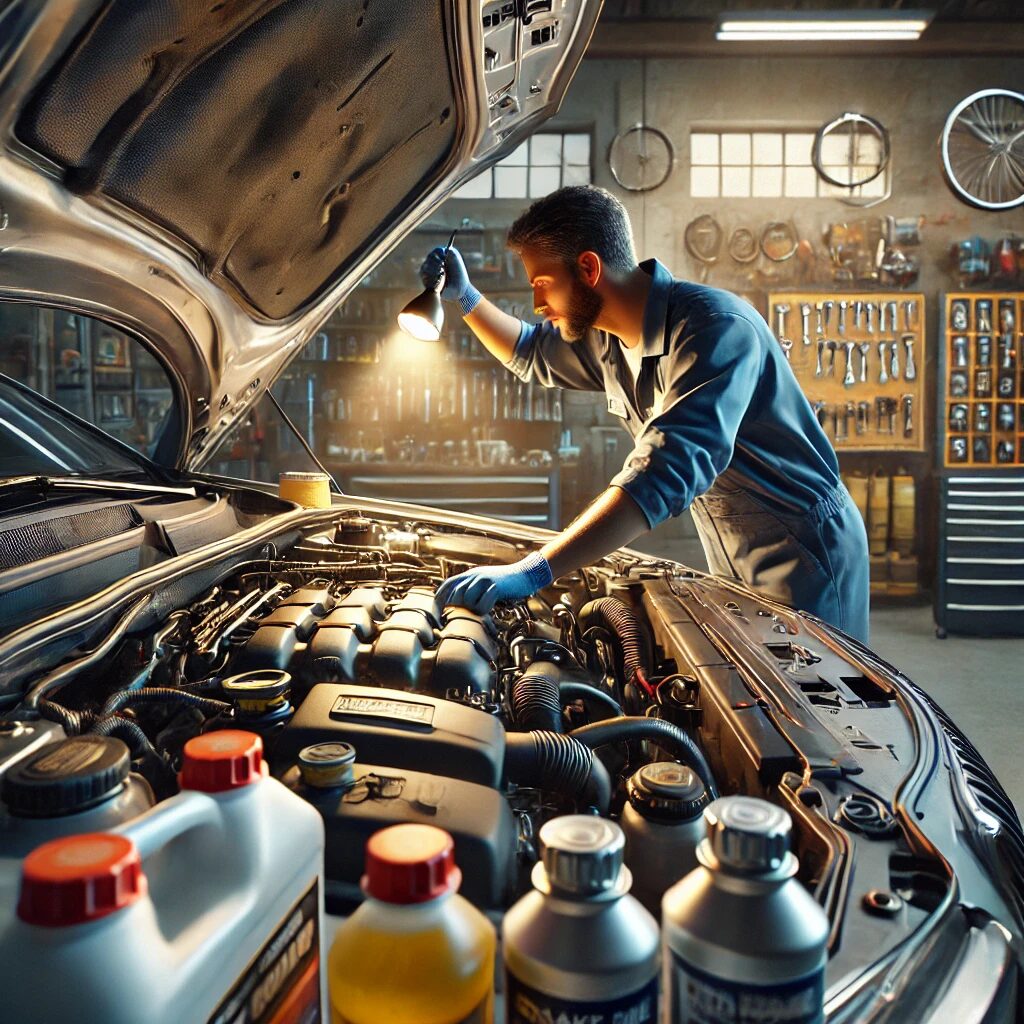
Regularly checking and maintaining your car’s fluid levels is a key aspect of basic car maintenance. This includes:
Motor Oil:
- Check your motor oil level monthly and change it according to your owner’s manual recommendations. Use the appropriate engine oil grade and viscosity for your car’s engine.
Coolant System:
- Monitor your coolant levels to prevent your engine from overheating. Check the coolant levels when the engine is cool and add the appropriate type of coolant if necessary.
Brake Fluid:
- Maintain your brake fluid at the designated fill line to ensure proper brake function, and prevent brake sounds, brake fade, brake issues, and brake fluid overheating.
Transmission Fluid:
- Check transmission fluid level regularly and top it off as needed. If you notice any issues with your transmission fluid, such as slipping or strange noises, consult a mechanic.
Windshield Washer Fluid:
- Keep your windshield washer fluid reservoir filled to ensure clear visibility while driving.
Replacing Filters
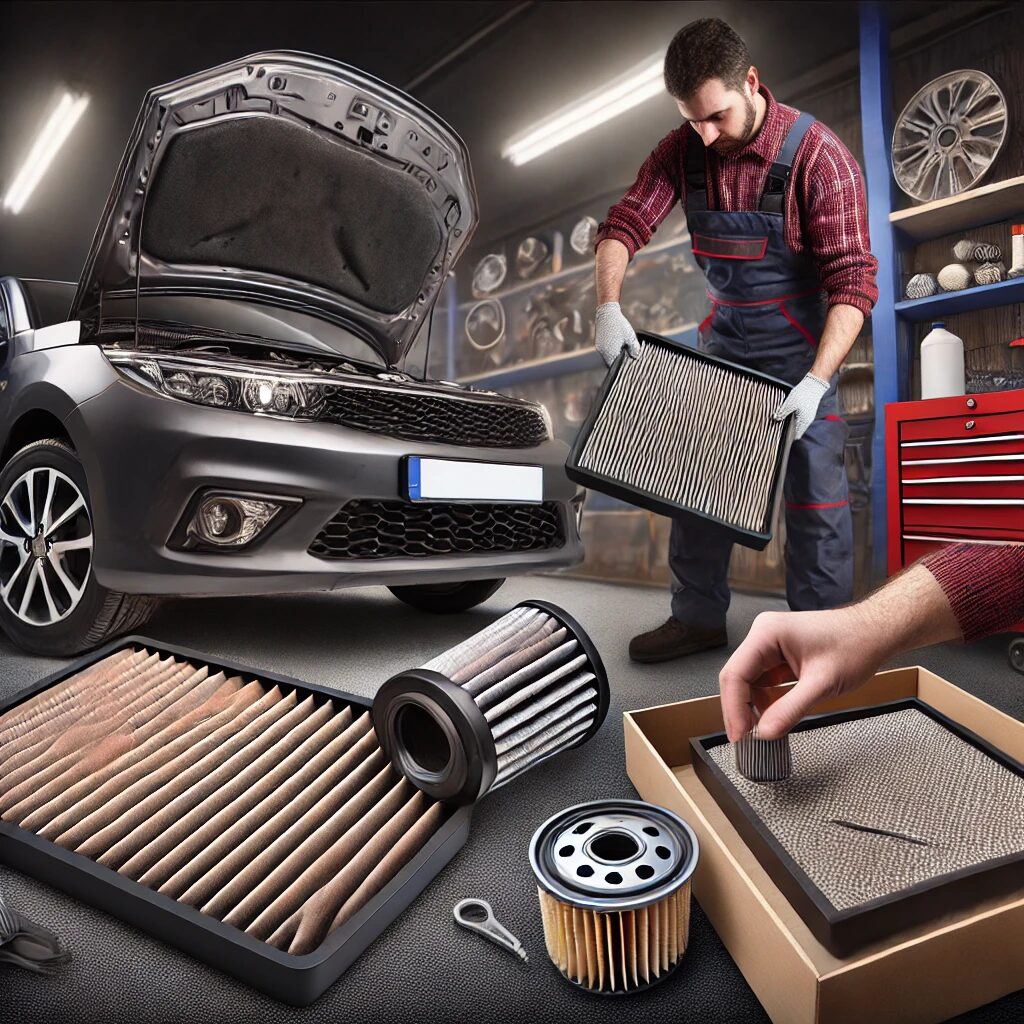
Your car’s filters play a vital role in protecting its engine and maintaining optimal performance. Regularly replace the following filters:
Engine Air Filter:
- A clean air filter ensures that your engine receives an adequate supply of clean air. Replace your air filter according to your owner’s manual’s recommendations.
Engine Oil Filter:
- Change your engine oil filter every time you change your motor oil to keep contaminants out of your engine.
Cabin Air Filter:
- This filter cleans the air entering your car’s interior. Replace it regularly to maintain air quality and prevent allergens from entering your vehicle.
Inspecting and Replacing Serpentine Belt and Timing Belt
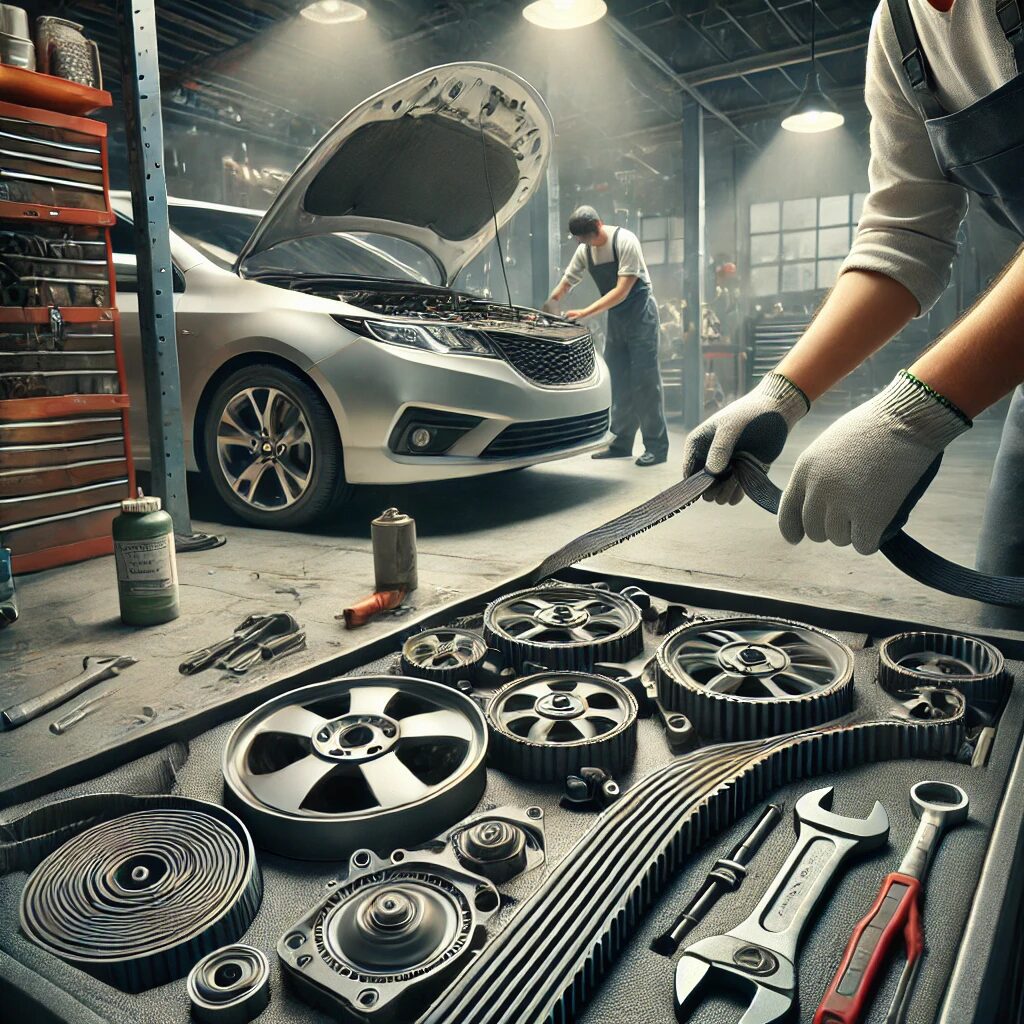
Over time, your car’s belts and hoses can become worn or damaged. Regularly inspect your serpentine belt, timing belt, and radiator hoses for signs of wear, cracks, or bulges. Replace these components as needed to prevent serious engine damage and maintain proper coolant flow.
Maintaining Your Battery
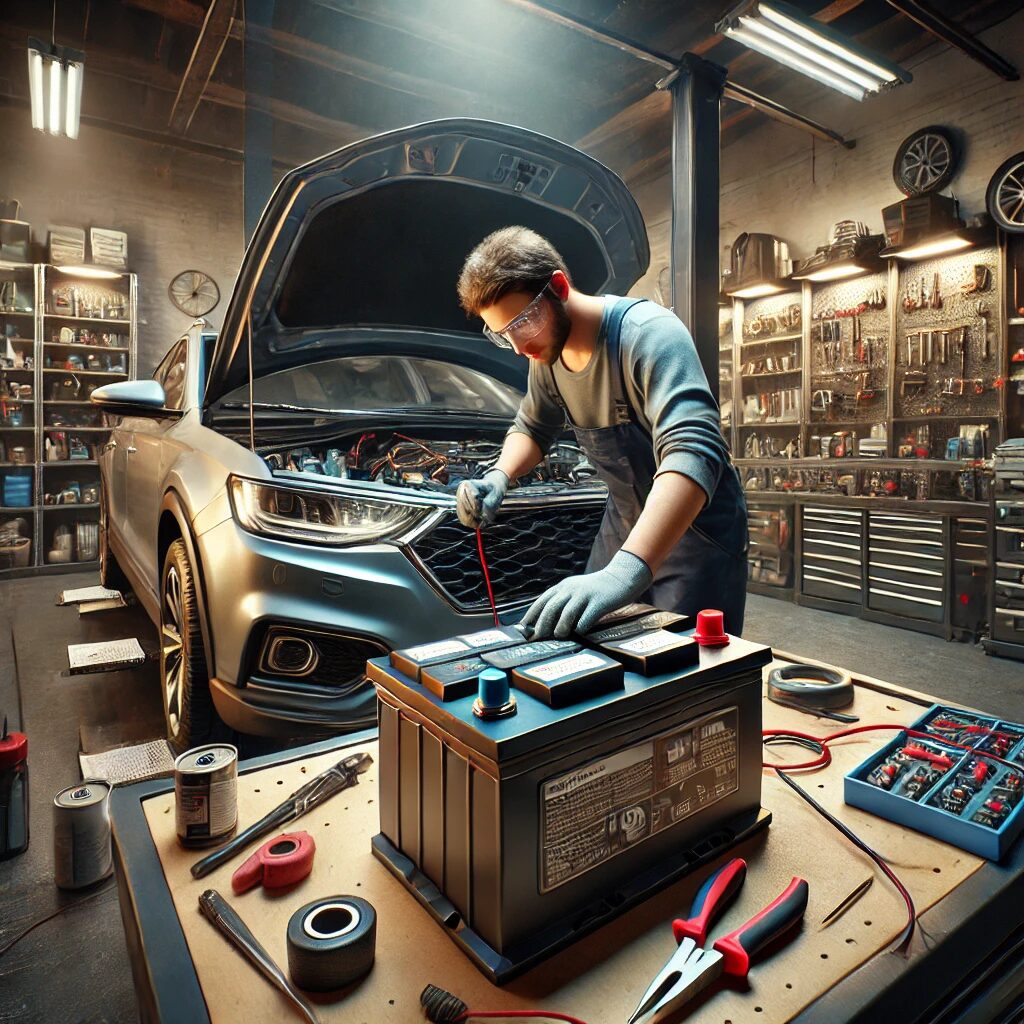
Your car battery is essential for starting your vehicle and powering its electrical components. To keep your battery in good condition:
- Keep the battery terminals clean and free of corrosion.
- Ensure that the battery cables are securely connected to the positive and negative terminals.
- If your battery is more than three years old, have it tested by a mechanic to ensure it’s holding a proper charge.
Replacing Wiper Blades and Lights
For your safety and the safety of others, regularly replace your windshield wipers and check your car’s lights. Replace windshield wipers every six months to a year, or when you notice streaking or ineffective clearing of your windshield. Check your headlights, taillights, brake lights, and turn signals monthly, and replace any burnt-out bulbs promptly.
Checking Brake and Spare Tire
Your car’s brakes and tires are critical safety components that require regular attention. Some basic car maintenance tips for brakes and tires include:
Brake Pads:
- Have your brake pads inspected regularly and replace them when they become worn. If you hear grinding or squealing sounds when braking, it’s likely time for new brake pads to prevent some brake issues.
Tire Rotation and Alignment:
- Rotate your tires every 5,000 to 7,500 miles to ensure even wear. Have your wheel alignment checked if you notice your car pulling to one side or if your tires show uneven wear.
Tire Tread Depth:
- Check your tire tread depth regularly using a tread depth gauge or the penny test. Replace your tires when the tread depth reaches 2/32 of an inch to maintain proper traction and safety.
Keeping Your Car Clean
Regularly washing and waxing your car not only keeps it looking great but also protects its paint and helps prevent rust. Don’t forget to clean the interior as well, as dirt, dust, and debris can accumulate over time. Use a glass cleaner to keep your windows transparent and streak-free.
Addressing Warning Signs
Pay attention to any unusual sounds, smells, or vibrations coming from your car. These could be warning signs of potential problems. Some common issues to watch for include:
- Brake grinding or Brake Sounds
- Intermittent or continuous odd engine noises
- Burning smells from the engine bay
- Vibrations or shaking while driving
- Decreased fuel efficient
If you notice any of these warning signs, consult a mechanic to diagnose and address the issue promptly.
Keeping a Maintenance Record
Maintaining a complete service history for your vehicle is essential, especially if you plan to sell it in the future. Keep track of all maintenance items, repairs, and replacements performed on your car. A well-maintained vehicle with a documented service history often has a higher resale value and can provide peace of mind to potential buyers.
Working with a Trusted Mechanic
Establishing a relationship with a trusted local mechanic is crucial for keeping your car in top shape. A skilled mechanic can help you stay on top of your car’s maintenance needs, diagnose problems early, and provide expert advice tailored to your specific vehicle.
Adapting to Environmental Factors
Consider the environmental factors that may affect your car’s maintenance needs. For example, if you live in an area with harsh winters, you may need to take extra steps to protect your car from salt and other corrosive elements. If you frequently drive in dusty or polluted areas, you may need to replace your air filter more often.
The Benefits of Basic Car Maintenance
By following these regular maintenance tips and staying proactive about your vehicle’s upkeep, you can enjoy numerous benefits, including:
- Improved safety and reliability
- Better fuel efficient
- Increased longevity of your car’s components
- Reduced risk of breakdowns and expensive repairs
- Higher resale value
Remember, taking care of your car is an ongoing process that requires attention and dedication. By making car maintenance a priority and staying informed about your vehicle’s specific needs, you can keep your car running smoothly for years to come.
Conclusion
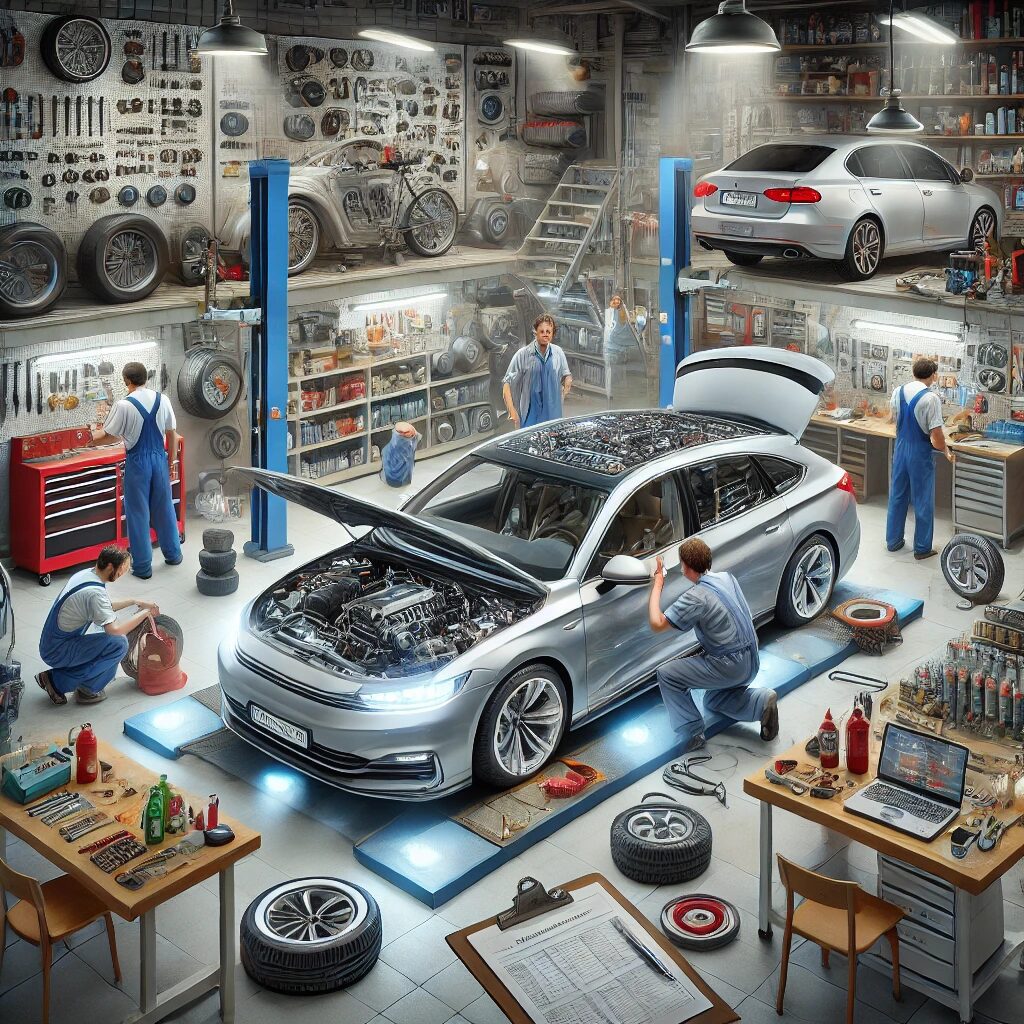
Mastering car maintenance is essential for ensuring your vehicle’s longevity, safety, and performance. By familiarizing yourself with your owner’s manual, regularly checking tire pressure, monitoring fluid levels, replacing filters, inspecting belts and hoses, maintaining your car battery, replacing wiper blades and lights, checking brakes and tires, keeping your car clean, and addressing warning signs promptly, you can avoid costly repairs and keep your car running smoothly.
Establishing a relationship with a trusted mechanic, adapting to environmental factors, and keeping a detailed maintenance record are also crucial aspects of responsible car ownership. By making car maintenance a priority and staying proactive about your vehicle’s upkeep, you can enjoy improved safety, better fuel efficiency, increased longevity of your car’s components, and a higher resale value.
Remember, taking care of your car is an ongoing process that requires dedication and attention. By following these basic tips and staying informed about your vehicle’s specific needs, you can ensure that your car remains a reliable and safe mode of transportation for years to come.
Drive with Confidence – Choose Metric Motors for Expert Car Maintenance!

Don’t let car troubles catch you off guard. At Metric Motors, we’re committed to keeping your vehicle in top shape with our comprehensive maintenance services. From routine oil changes to complex repairs, our skilled technicians have you covered.
Regular maintenance is key to your car’s longevity, safety, and performance. Let Metric Motors be your trusted partner in vehicle care. We’ll help you stay on top of crucial maintenance tasks, from fluid checks to tire rotations, ensuring your car runs smoothly for years to come.
Take the first step towards worry-free driving. Schedule your maintenance appointment with Metric Motors today. Our expert team will provide personalized care tailored to your vehicle’s specific needs, helping you avoid costly repairs and enjoy improved fuel efficiency.
Don’t wait for a breakdown to happen. Contact Metric Motors now and experience the peace of mind that comes with professional, reliable car maintenance. Your vehicle deserves the best – it deserves Metric Motors!
FAQ Section:
1: How often should I check and maintain my car’s tire pressure, and why is it important?
You should check your car’s tire pressure at least once a month using a reliable tire pressure gauge. Proper tire pressure is crucial for your car’s safety, fuel efficiency, and overall performance. You can find the recommended tire pressure for your specific vehicle in the owner’s manual or on a placard located on the driver’s side door jamb.
2: Why is understanding your owner’s manual important for car maintenance?
The owner’s manual contains specific information about your car’s maintenance requirements, including recommended service intervals, tire pressure, and fluid specifications. Familiarizing yourself with this manual helps ensure that you follow the correct procedures and schedules, keeping your vehicle in optimal condition.
3: How often should I replace my windshield wipers and car lights?
Replace windshield wipers every six months to a year, or when you notice streaking or ineffective clearing. Check your car’s headlights, taillights, brake lights, and turn signals monthly, and replace any burnt-out bulbs promptly to ensure safety.
4: What steps should I take to keep my car clean and why is it important?
Regularly wash and wax your car to protect the paint and prevent rust. Clean the interior to remove dirt, dust, and debris. Use glass cleaner to keep windows transparent and streak-free. Keeping your car clean enhances its appearance and protects its value.
5: What should I do if I notice warning signs like unusual sounds or vibrations in my car?
If you notice unusual sounds, smells, or vibrations, such as brake grinding, odd engine noises, burning smells, or shaking while driving, consult a mechanic promptly. Addressing these issues early can prevent further damage and ensure your vehicle’s safety.

